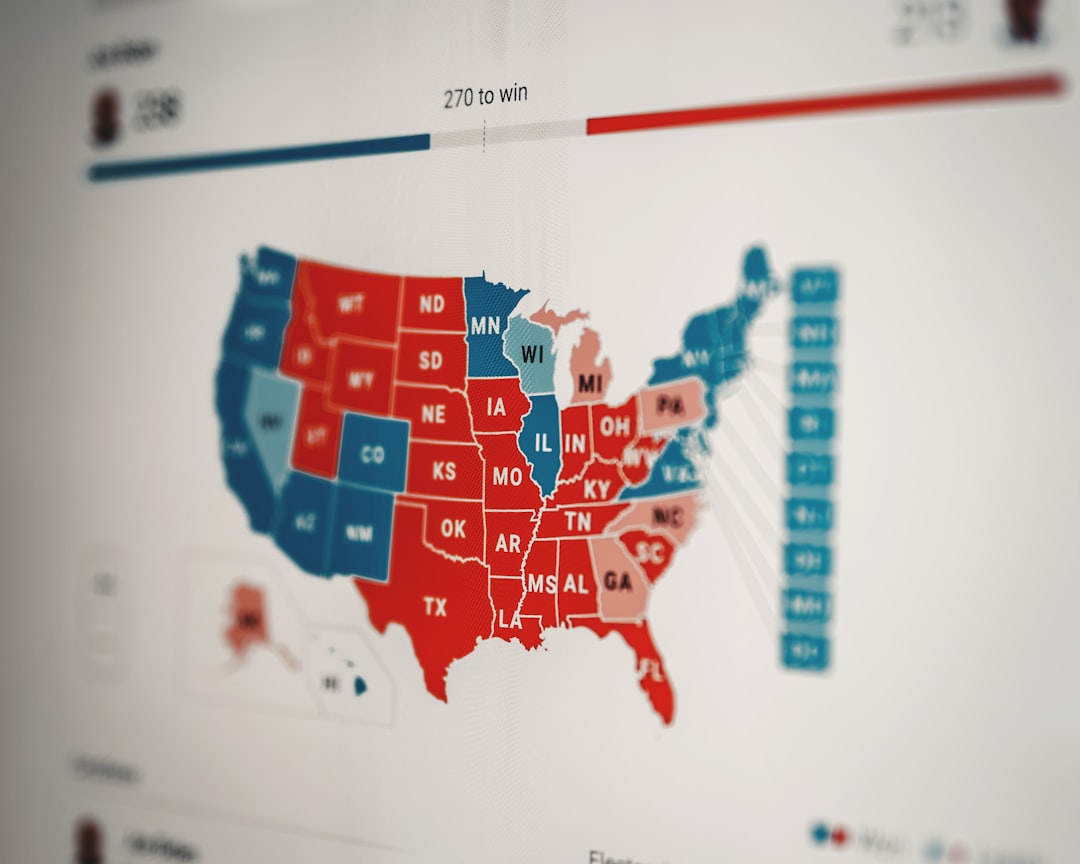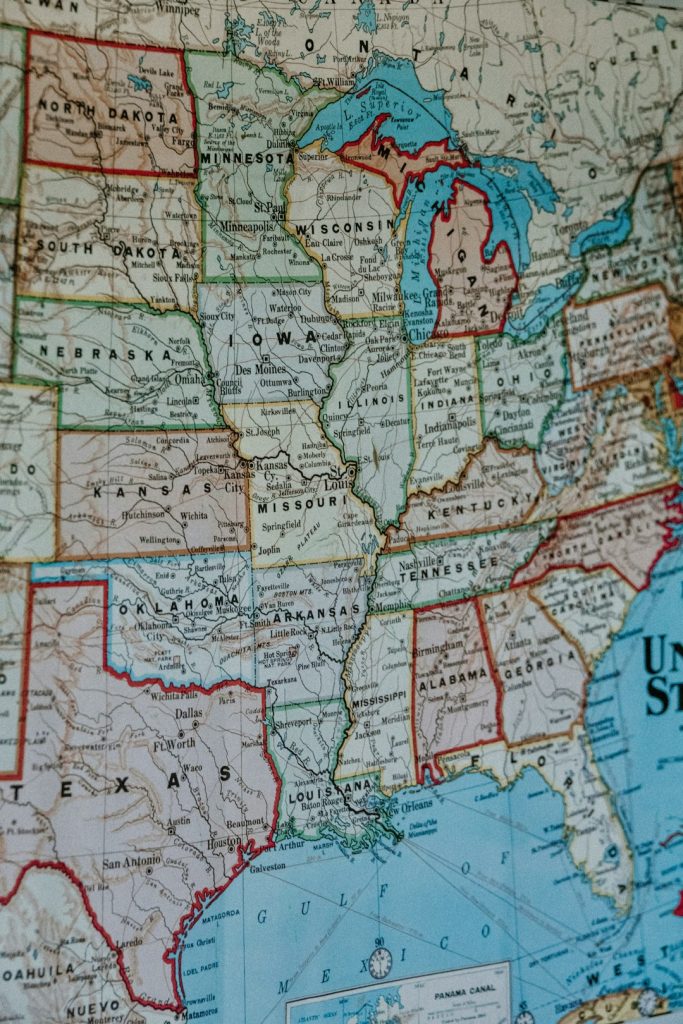Sports betting in the United States has undergone a dramatic transformation in recent years, evolving from a largely prohibited activity to a rapidly growing and legally regulated industry. This change is primarily due to the 2018 Supreme Court decision to overturn the Professional and Amateur Sports Protection Act (PASPA), which had prohibited states from authorizing sports betting. Following this decision, a new legal landscape has emerged, characterized by a patchwork of state-specific regulations.
The Fall of PASPA and the Rise of State Sovereignty
In 1992, PASPA was enacted to prevent the spread of legal sports betting outside of Nevada. For more than two decades, Nevada remained the only state where full-fledged sports betting was legally permitted. However, on May 14, 2018, the U.S. Supreme Court ruled the law unconstitutional in Murphy v. National Collegiate Athletic Association. This landmark ruling returned to each state the authority to determine whether and how to regulate sports betting.

Since the ruling, over 30 states, along with the District of Columbia, have legalized sports betting in some form. Each jurisdiction sets its own laws regarding operation, licensing, taxation, and permissible betting methods, such as retail (in-person), online, or mobile betting platforms.
Federal Guidelines Still Applicable
Even though PASPA has been struck down, other federal laws still shape the framework under which sports betting operates. Key among these is the Wire Act of 1961, which prohibits the use of wire communication facilities to transmit bets or betting information across state lines. This limits many interstate betting activities and often restricts online operations to within state borders.
In addition, the Unlawful Internet Gambling Enforcement Act (UIGEA) of 2006 does not outlaw online gambling directly but regulates the processing of payments related to online bets, requiring financial institutions to block potentially illegal transactions related to wagers made over the internet.
State-by-State Regulation
Each state has the autonomy to craft its own sports betting laws. This results in varying approaches:
- Online and Mobile Betting: States like New Jersey, Pennsylvania, and Michigan allow both in-person and mobile sports betting platforms.
- Retail-Only Sports Betting: Some states, such as Mississippi, limit legal sports betting to physical sportsbooks and casinos.
- Pending or No Legalization: A few states, including Utah and Hawaii, have yet to legalize or introduce legislation for sports betting due to moral or religious reasons.

Licensing requirements also vary. Most states require operators to be licensed by a gaming or lottery commission, with robust vetting protocols in place to ensure transparency and consumer protection. Taxes on revenue earned through sports betting range widely, and often fund public projects such as education or infrastructure.
Tribal Sovereignty and Sports Betting
In states with Native American tribes operating gaming facilities, tribal governments add another layer to the legal complexity. Under the Indian Gaming Regulatory Act (IGRA), tribes can negotiate compacts with state governments to offer sports betting on tribal lands. However, complications arise when states seek to extend mobile betting beyond tribal land boundaries, leading to lawsuits and reinterpretations of existing agreements.
Looking Ahead: The Future of Sports Betting Regulation
As the sports betting industry in the U.S. continues to mature, federal and state regulators are expected to refine and modernize current rules. Many experts predict a move toward wider cooperation between states to allow for interstate compacts akin to those seen in the online poker realm. Additionally, consumer data protection, responsible gambling initiatives, and integrity measures for professional sports are areas receiving increased attention.
Though fragmented, the regulatory framework ensures that sports betting in the U.S. remains a dynamic and evolving legal sector, shaped by both local values and broader national interests.
Frequently Asked Questions (FAQ)
- Is sports betting legal in all 50 U.S. states?
No, only a number of states have legalized sports betting. Others are in the process of passing legislation or continue to prohibit it altogether. - Can I bet on sports using a mobile app?
Yes, but only in states where mobile sports betting has been legalized and regulated, such as New Jersey, Pennsylvania, and Illinois. - Is betting with offshore sportsbooks legal?
No, placing bets with offshore operators is considered illegal in the United States and could present risks to bettors, including lack of legal protection. - What sports can I legally bet on?
This depends on the state, but generally includes major league sports like NFL, NBA, MLB, and college sports. Some states prohibit betting on local college teams. - How are winnings from sports betting taxed?
Winnings are subject to federal income tax and, in many cases, state taxes as well. Operators typically provide tax forms for significant payouts.
